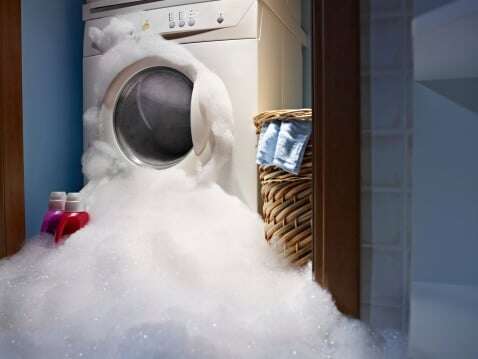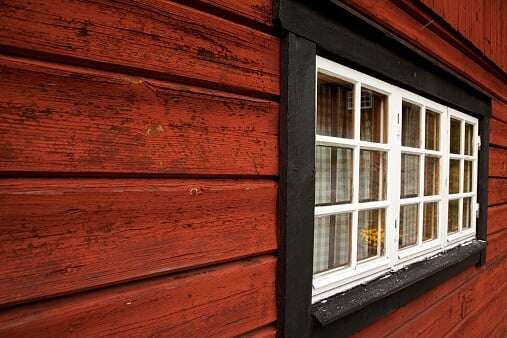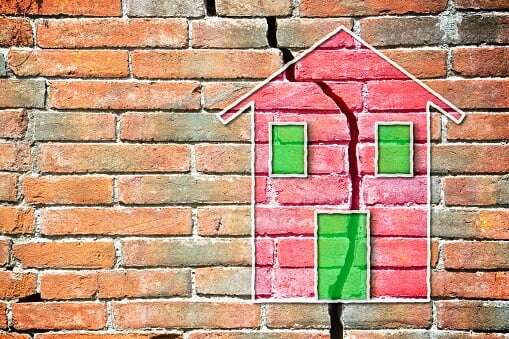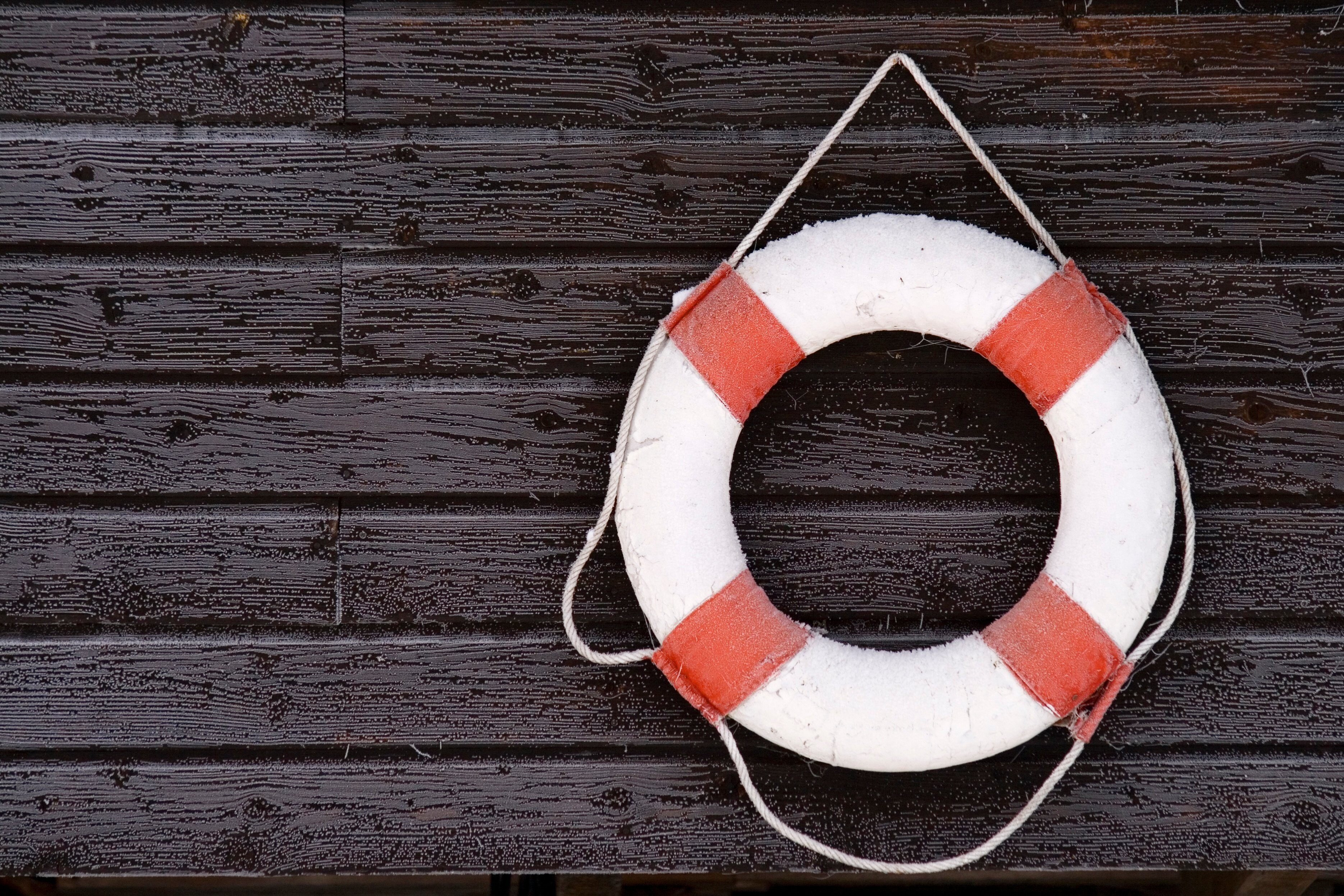 Let's be honest. All you probably care about is that your washing machine fills with water, cleans your clothes with sudsy vigor, rinses, spins and empties like it should.
Let's be honest. All you probably care about is that your washing machine fills with water, cleans your clothes with sudsy vigor, rinses, spins and empties like it should.
Even if you had the time, the last way you would choose to spend it would be perched on a stool, listening as your washer progresses from one cycle to the next. Most of us squeeze in a load of laundry as we're involved with other activities around the house; doing the laundry is hardly the object of our undivided attention.
With this, the third article in a series of home maintenance tips about how to protect your home from water damage, Experts In Your Home strongly recommends that you should set aside some time to give your laundry room some undivided attention.
While you probably consume most of the water you use in your bathrooms and spend most of your time near the kitchen sink, your washing machine could unleash a torrent of water unlike any other appliance, hose or pipe in your home.
Allow the licensed Chico plumbers at Experts In Your Home explain why before providing you with home maintenance tips for your laundry room that could spare you the Niagra Falls of emotional and financial trauma.
Focus on your washer
As you know from our previous home maintenance tips on potential bathroom and kitchen water damage, most household floods are caused by plumbing or appliance failure or a combination of the two. And if you think your dishwasher could spill plenty of water, just think about what your mighty washing machine is capable of, says Douglas Nadeau, a spokesman for State Farm Insurance.
"Most homeowners leave washing machine water supply lines turned on so when a hose busts, water can discharge at up to 500 gallons per hour, causing major damage in a short period of time," he says.
The resulting damage to your home, which could easily stretch to $5,000 or more, should be covered. But insurers can be persnickety; if they can prove that you neglected to replace a worn hose, they could deny your claim.
This is why the Insurance Institute for Business & Home Safety suggests that homeowners regularly inspect their washing machine hoses and, if they're more than five years old, replacing them with strong, steel-braided hoses. As an added precaution, it recommends the installation of an automatic shut-off valve equipped with an alarm that can alert you of a leak, before it turns into a flood.
Experts In Your Home plumbers agree that this is a smart precaution and point to other home maintenance tips to protect your laundry room from water damage:
Washing machine tips
- Check the hoses for cracks or kinks and if the hoses are old or brittle, replace them.
- Replace the small hose washers in the water lines periodically as a safeguard.
- Check for leaks in the connections to both the hot and cold water lines and patch them, if necessary.
- Observe your washing machine as it fills with water (and maybe even pull up a stool). If the water enters very slowly, the in-line filter could be clogged. In this case, turn off the water supply, remove the hoses and small wire filters from the washer inlets and clean the filters.
- If you notice a steady drip into the washing machine, grit might be interfering with the shut-off valve. If you cannot repair it, let the plumbers at Experts In Your Home do it for you.
Utility sink tips
- Look for signs of a dripping faucet, water damage to the floor around the sink and leaks in the drain pipe. Repair any of these conditions immediately or call Experts In Your Home.
- Watch as the utility sink drains of water. If it's sluggish, the drain is probably blocked and should be cleared. Use an environmentally safe sink treatment periodically to prevent clogs and promote easy drainage.
We've been saying it consistently throughout this series on home maintenance tips because this advice should guide all of your efforts: keep your home free of excess moisture, repair small water leaks before they get bigger and remain vigilant about maintenance in general to prevent flooding and water damage.
In the case of your laundry room, it helps to keep it free of dust and dirt, too, since when these elements commingle with moisture, mildew and mold can develop quickly.
And if you see something suspicious? Don't delay; contact the plumbers at Experts In Your Home immediately. We offer a 27 point plumbing inspection to help you avoid plumbing surprises in the future.
If you think it pays to be diligent about separating colors and whites, you can literally save yourself a small fortune by being diligent about protecting your laundry room from water damage.








